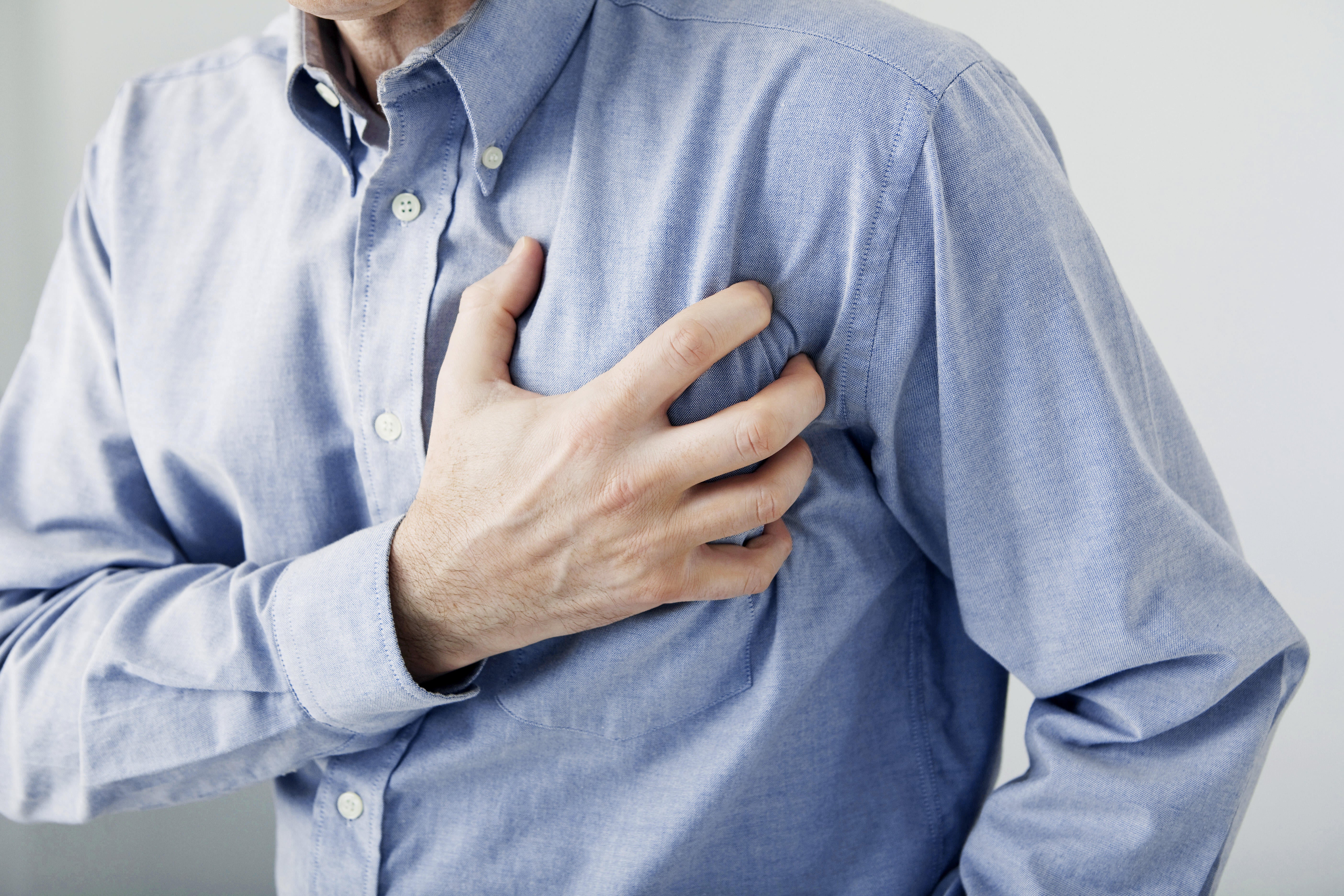Revolutionary biodegradable gel could ‘repair damage caused by heart attack’
Made up of amino acids called peptides, the gel works as a scaffold for injected cells to grow new tissue

Your support helps us to tell the story
From reproductive rights to climate change to Big Tech, The Independent is on the ground when the story is developing. Whether it's investigating the financials of Elon Musk's pro-Trump PAC or producing our latest documentary, 'The A Word', which shines a light on the American women fighting for reproductive rights, we know how important it is to parse out the facts from the messaging.
At such a critical moment in US history, we need reporters on the ground. Your donation allows us to keep sending journalists to speak to both sides of the story.
The Independent is trusted by Americans across the entire political spectrum. And unlike many other quality news outlets, we choose not to lock Americans out of our reporting and analysis with paywalls. We believe quality journalism should be available to everyone, paid for by those who can afford it.
Your support makes all the difference.A revolutionary biodegradable gel has been developed to repair the damage caused by a heart attack.
Experts at the University of Manchester, backed by the British Heart Foundation (BHF), created the substance, which can be injected directly into a beating heart.
The gel works as a scaffold for injected cells to grow new tissue.
In the past, when cells have been injected into the heart to reduce the risk of heart failure, only 1% have stayed in place and survived.
This new injectable technology harnesses the natural properties of peptides to potentially solve one of the problems that has hindered this type of therapy for years
The gel is made of amino acids called peptides, which are the building blocks of proteins.
It behaves like a liquid when it is under stress as the peptides disassemble – which is an ideal state to inject it – and then the peptides work to reassemble, making it a solid.
This holds the cells in place as they graft onto the heart.
For the results to be successful, a good blood supply is vital for the injected cells to be able to develop into a new tissue.
To prove that the technology could work, researchers showed that the gel can support growth of normal heart muscle tissue.
When they added human cells that had been reprogrammed to become heart muscle cells into the gel, they were able to grow them in a dish for three weeks and the cells started to spontaneously beat.
They also tested the gel on healthy mice.
They injected a fluorescent tag with the gel into their hearts, and the results revealed that the gel stayed on the hearts for two weeks.
If the benefits are replicated in further research and then in patients, these gels could become a significant component of future treatment
Echocardiograms (ultrasounds of the heart) and electrocardiograms (ECGs, which measure the electrical activity of the heart) on the mice confirmed the safety of the gel.
To gain more knowledge, researchers plan to test the gel after mice have a heart attack to see if they develop new muscle tissue.
The study has being presented at the British Cardiovascular Society Conference in Manchester.
Professor James Leiper, associate medical director at the British Heart Foundation, said: “We’ve come so far in our ability to treat heart attacks and today more people than ever survive.
“However, this also means that more people are surviving with damaged hearts and are at risk of developing heart failure.
“This new injectable technology harnesses the natural properties of peptides to potentially solve one of the problems that has hindered this type of therapy for years.
“If the benefits are replicated in further research and then in patients, these gels could become a significant component of future treatments to repair the damage caused by heart attacks.”
While it’s still early days, the potential this new technology has in helping to repair failing hearts after a heart attack is huge
Katharine King, from the University of Manchester, who led the research, said: “The heart has a very limited ability to repair any damage it sustains.
“Our research has been looking for ways to overcome this so we can keep the heart in a healthier place for longer.
“While it’s still early days, the potential this new technology has in helping to repair failing hearts after a heart attack is huge.
“We’re confident that this gel will be an effective option for future cell-based therapies to help the damaged heart to regenerate.”